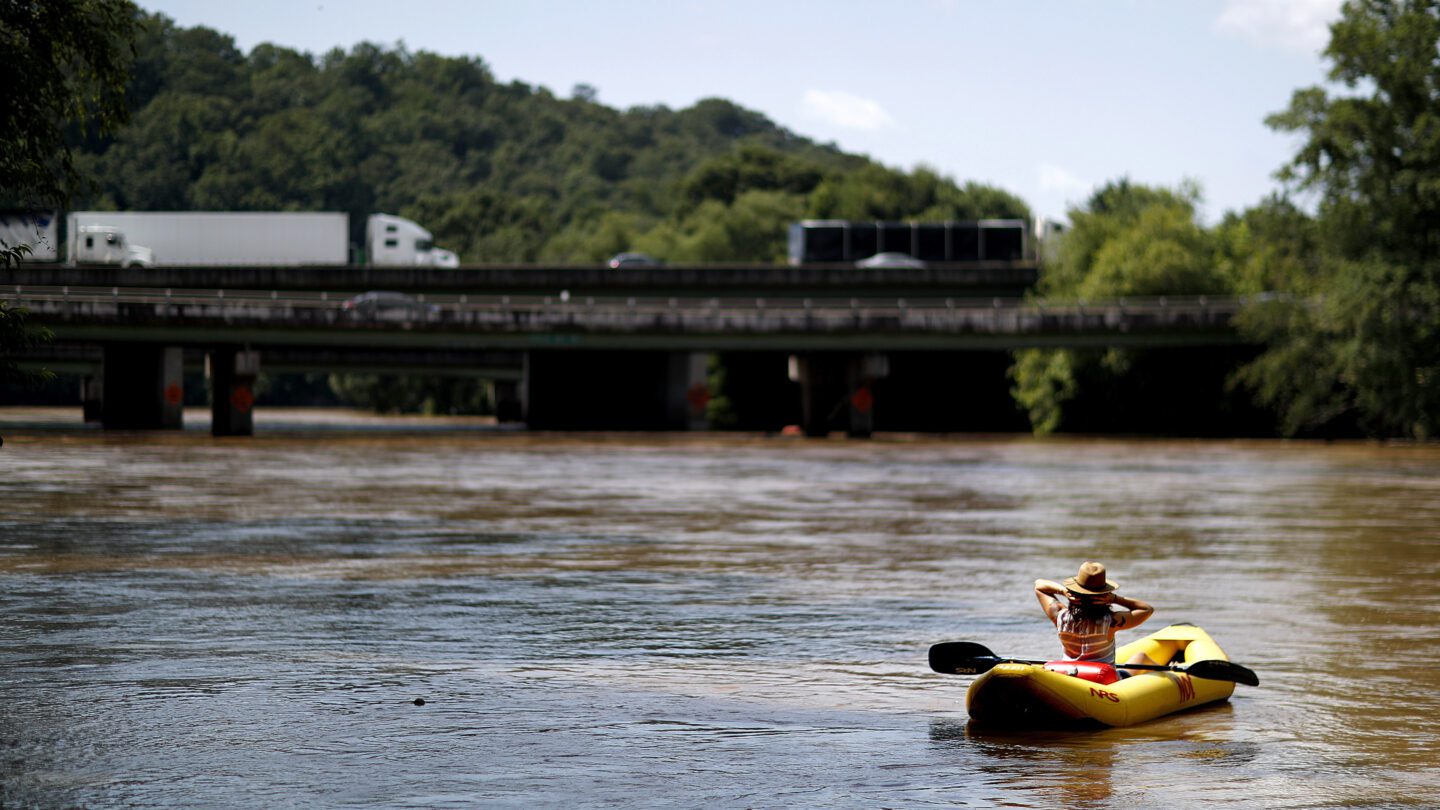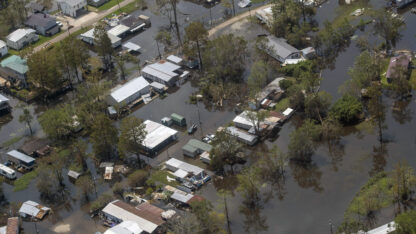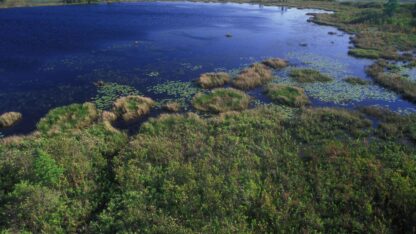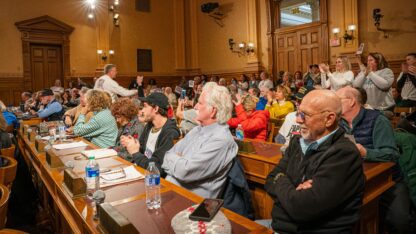U.S. Senators John Ossoff and Raphael Warnock are introducing legislation to bring more funding and collaboration for environmental projects on the Chattahoochee River.
The Chattahoochee River Act would direct the U.S. Army Corps of Engineers to work with other federal agencies, states, local governments and other groups involved in the Chattahoochee.
They would collaborate to come up with a comprehensive plan for environmental restoration, protecting public works like dams and dealing with eroding shorelines. The law proposes allocating $90 million from the federal government for the effort.
“The Chattahoochee River is one of Georgia’s most precious natural resources, vital to Georgia’s drinking water, agriculture, and our natural environment,” Ossoff said in a news release. “That’s why I’ve written this bill to protect, preserve, and restore the Chattahoochee River for generations to come.”
The proposal is modeled on a years-long project to clean up the Chesapeake Bay.









